Metals and Non-metals —— Five-membered N-heterocycle Synthesis
----- 金属和非金属
Design of new processes that avoid the use of toxic reagents has been the focus of intense research of late. Catalysis by metals and non-metals offers diverse opportunities for the development of new organic reactions with promising range of selectivitieshemoselectivity, regioselectivity, diastereoselectivity, and enantioselectivity. Furthermore, these transformations frequently occur under mild conditions, tolerate a broad array of functional groups, and proceed with high stereoselectivity. The area of catalysis is sometimes referred to as a oundational pillarof green chemistry. Catalytic reactions often reduce energy requirements and decrease separations because of increased selectivity; they are also capable of permitting the use of renewable feedstocks of less toxic reagents or minimizing the quantities of reagents needed. New catalytic organic synthesis methodologies have, thus, offered several possibilities for considerable improvement in the eco-compatibility of fine chemical production. Hence, these catalytic methodologies have emerged as powerful tools for the efficient and chemoselective synthesis of heterocyclic molecules. Key Features: Presents the synthesis of different five-membered heterocycles. Contains the most up-to-date information in this fast-moving field. Covers novel catalytic approaches used in the study and application of catalysts in synthetic organic reactions. Presents new methodologies for the synthesis of heterocycles.
{{comment.content}}
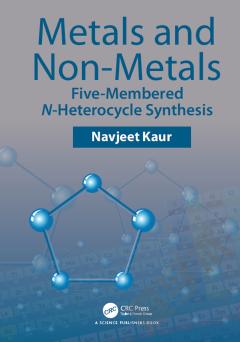
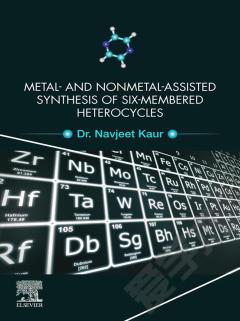
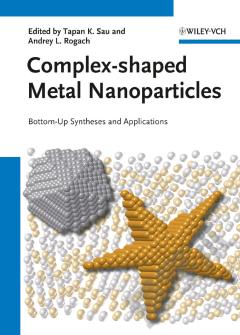
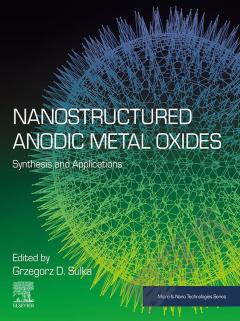
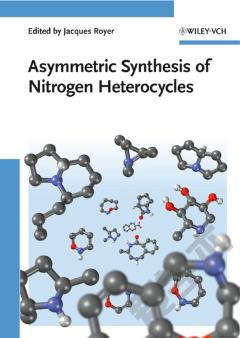
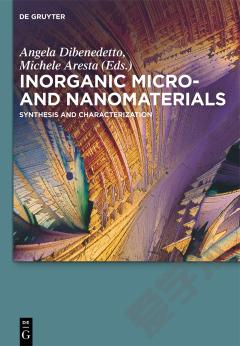


 京公网安备 11010802027623号
京公网安备 11010802027623号